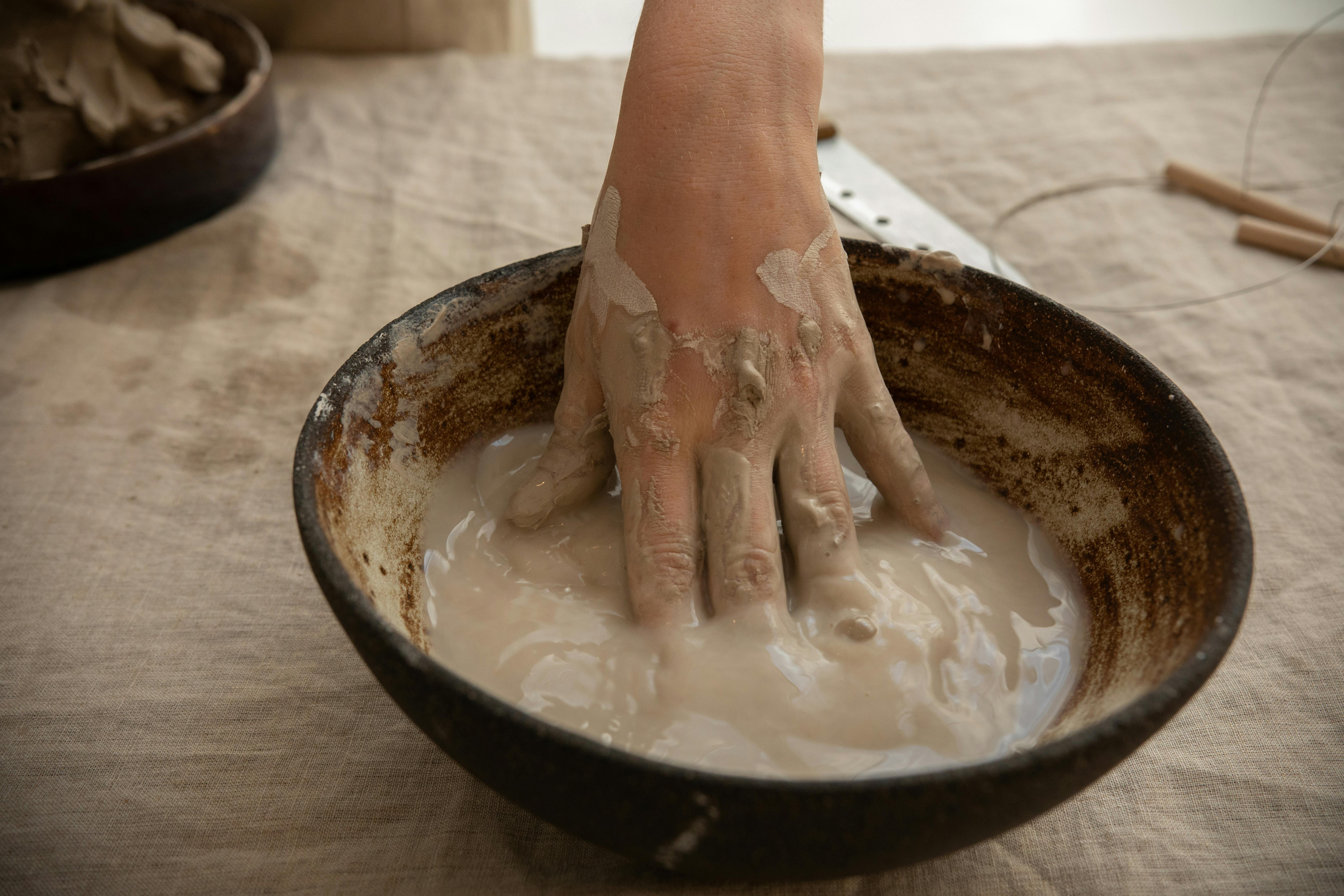Plumber Can Install Water Heaters
There are many reasons to hire a professional plumber when installing a new water heater. Besides ensuring the job is done properly and safely, plumbers can also help you save money by offering warranties on their labor and repairs. Licensed plumbers can install electric and gas, tank and tankless, or even heat pump and geothermal water heaters. They are highly trained and qualified to handle these complicated systems, and they know how to work within local building codes for safe installation.
They can also help you choose the best model for your home, based on energy conservation concerns and how many people live in the home. Whether you need a traditional water heater or a tankless option, the right one for you will depend on your needs and budget. A plumber will recommend a model that’s right for your home, based on energy conservation needs and how many people live in the house. He or she will also consider how much hot water you use and how often, to determine which type of heater is the best fit for your home.

A water heater is a large appliance, and replacing it is a big project. If you’re installing a new model, you’ll need to remove the existing water heater and disconnect all of its connections. This includes the supply lines for both the hot and cold water, and the venting line if the unit is gas-fired.
How a Plumber Can Install Water Heaters
You can do some of this work yourself, but it’s better to let a plumber do the heavy lifting and connections. Then, you can focus on other aspects of the project that need your attention. Before starting the work, you need to shut off your water supply and drain any excess water from the old heater. This can be done using a shut-off valve near the water heater or through the main shut-off valve in your home. You should also turn off the power source to your heater, if you have one.
Next, a plumber will cut off the water connection to the heater with specialized tools and break it free from the wall. This will allow the plumber to pull out the old heater and place the new one in its place. Afterward, the plumber will need to connect the new water heater’s hot and cold water lines to your existing pipes. These connections can be made with threaded adapters, short lengths of pipe, or union fittings. This process can take some time and may require sweat-soldering or using a soldering torch with copper pipes.
The plumber will then make all of the connections to your water and energy supplies. Then, he or she will set up the control panel on the new water heater and make sure all of the components are working correctly. A plumber can also provide maintenance and repairs on your new water heater as well as make any necessary upgrades to your home’s plumbing or heating system. For instance, if you want to increase the efficiency of your water heater, a plumber can add a solar collector to it or make other changes to reduce your energy usage.



Recent Comments